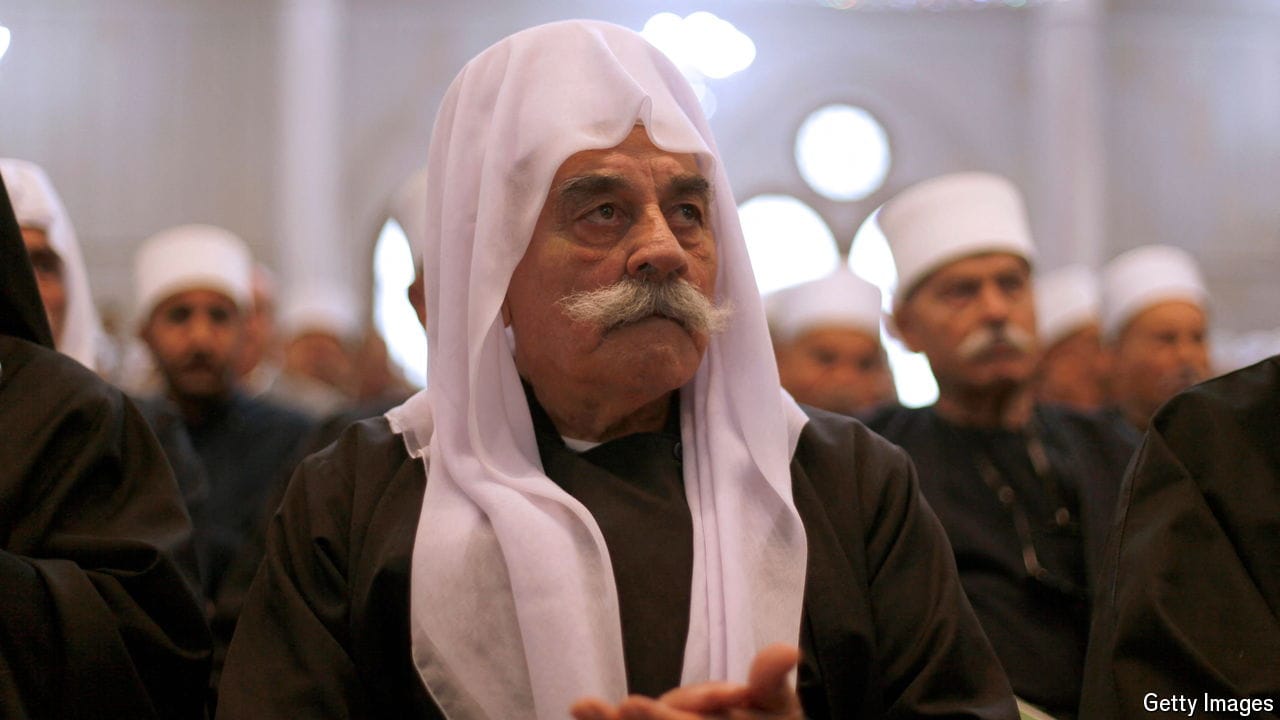
ON JUNE 26th Alexis Tsipras, Greece's prime minister, announced a plan to put Europe's latest bail-out offer to a public vote, in a referendum scheduled for July 5th. The plan quickly triggered a nasty chain of events: euro-zone leaders refused to extend Greece's current bail-out programme beyond June 30th, when it is scheduled to expire, and the European Central Bank announced that it would cap its emergency lending to Greek banks. That "emergency liquidity assistance" had been replacing the money leaking out of the Greek banking system, as nervous Greeks withdrew their savings. Facing the loss of ECB top-ups—and the prospect of empty vaults—the Greek government declared Monday, June 29th, a bank holiday and imposed capital controls. How will they work?


